Future Research and Innovation Leaders Awarded Research Fellowships
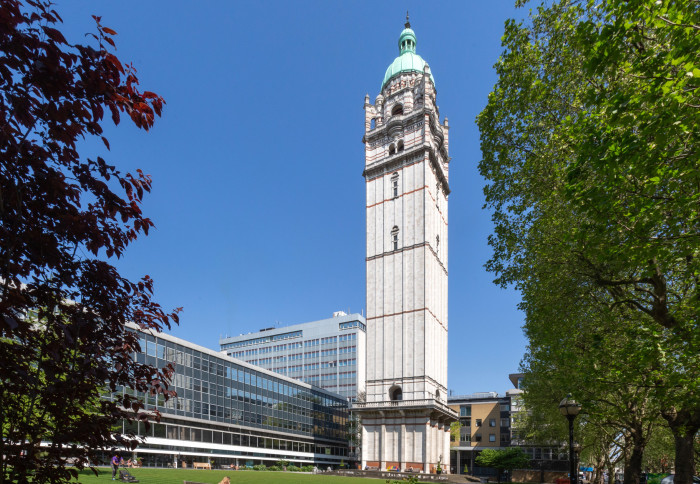
The Queen's Tower
Four Imperial researchers have been awarded Future Leader Fellowships from UK Research and Innovation.
The fellowships provide early careers academics with up to £1.5m in funding over four years to tackle pressing scientific challenges. This year Imperial has received three academia hosted fellowships and one business hosted fellowship.
Professor Nick Jennings, Imperial’s Vice-Provost for Research and Enterprise, said: “I am delighted to see the ambition of our new fellows, taking on these challenging research questions. This funding from UKRI will support our talented future leaders to take on these difficult and novel challenges. This success could only have been achieved through a truly cross-College effort, with contributions from a range of departments, the Research Office and the Postdoc and Fellows Development Centre. I am extremely proud of this achievement and look forward to seeing how the fellows drive forward their innovations.”
Meet the fellows here:
Dr Patrick Dunne, Department of Physics
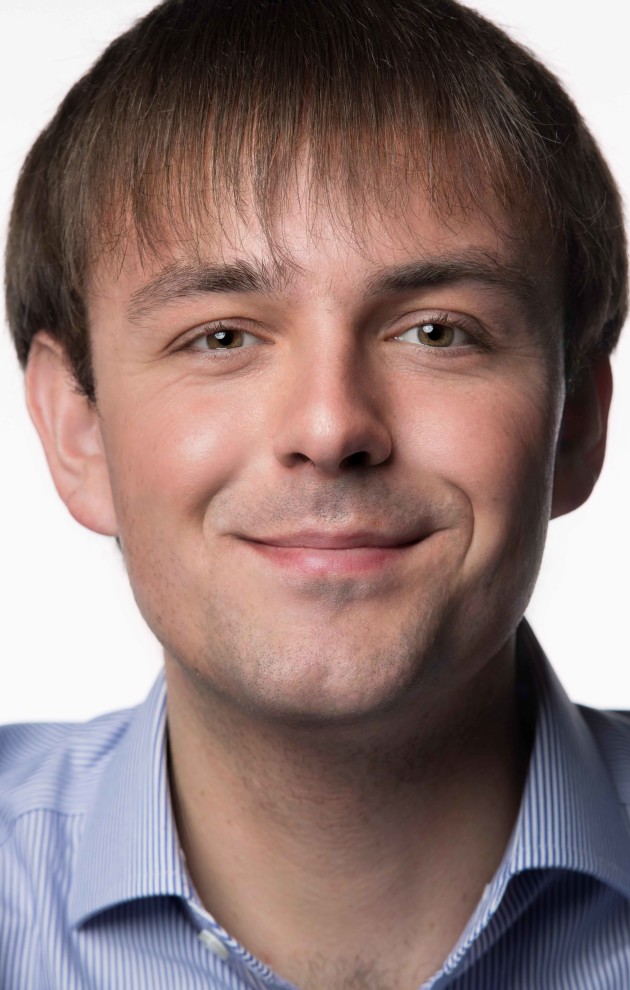 Dr Patrick Dunne is a particle physicist whose research centres on the differences between neutrinos and antineutrinos. These differences could help to explain one of the most fundamental questions in physics: why is there so much more matter in the universe than antimatter? Now he’s been awarded this fellowship Patrick will be able to lead precision measurements of this phenomenon. This research builds on his previous work with the Japan-based T2K experiment which found indications of differences in how neutrinos and antineutrinos behave.
Dr Patrick Dunne is a particle physicist whose research centres on the differences between neutrinos and antineutrinos. These differences could help to explain one of the most fundamental questions in physics: why is there so much more matter in the universe than antimatter? Now he’s been awarded this fellowship Patrick will be able to lead precision measurements of this phenomenon. This research builds on his previous work with the Japan-based T2K experiment which found indications of differences in how neutrinos and antineutrinos behave.
The fellowship will allow Patrick to progress this research and his career in particle physics: “To become a leader in particle physics you need to be able to build the hardware and do the statistical analysis at the same time, and you really need a team behind you to do that.” The funding from the fellowship means Patrick can hire a postdoc, an engineer and develop prototype components for future experiments.
For Patrick, the opportunity to answer these huge scientific questions has even wider implications than further our scientific understanding. “I’m diagnosed with Asperger’s Syndrome and I’m conscious that there’s a real lack of positive role models for people with autistic spectrum conditions,” he said.
“We also know that kids often become interested in physics and science when they hear about these ‘big questions’ being answered. Being granted the opportunity to really work on this kind of question myself means that I can show that it’s possible for people with disabilities to be involved in this kind of really important science.”
Dr Ellie Sherrard-Smith, School of Public Health
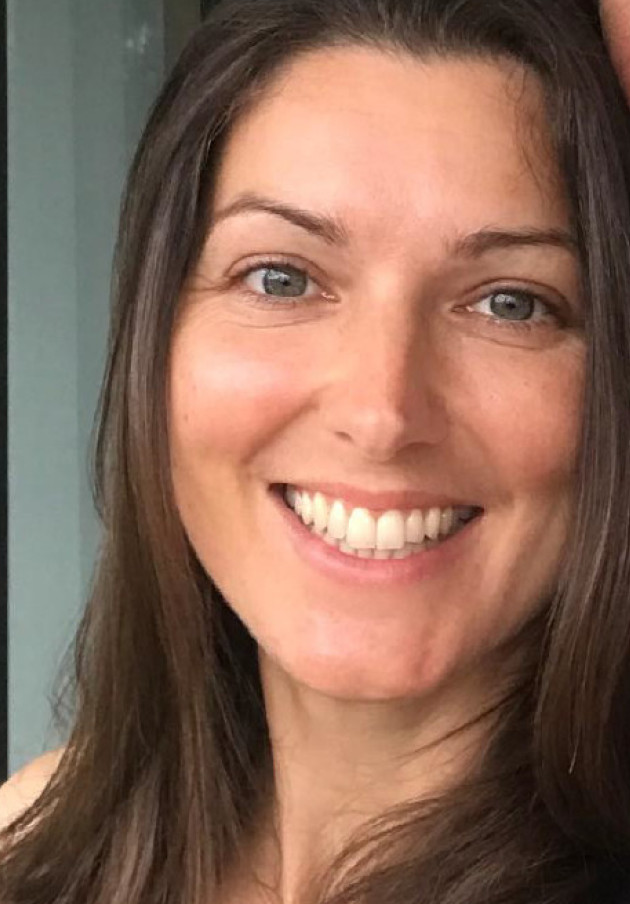 Dr Ellie Sherrard-Smith will use the fellowship to investigate the different efficacy of malaria prevention interventions that target the mosquitoes that transmit the infection. The findings aim to help strategy teams decide on the most effective combination of measures to deploy in specific locations. The project will use a transmission model to understand how different prevention measures work, validating the predictions using randomised control trials which are the best available studies used to assess the public health protection afforded by interventions. Together the findings will underpin a webtool product that will be developed together with strategy teams with the aim to provide quantitative evidence on the best interventions possible for a region to deploy within their budget.
Dr Ellie Sherrard-Smith will use the fellowship to investigate the different efficacy of malaria prevention interventions that target the mosquitoes that transmit the infection. The findings aim to help strategy teams decide on the most effective combination of measures to deploy in specific locations. The project will use a transmission model to understand how different prevention measures work, validating the predictions using randomised control trials which are the best available studies used to assess the public health protection afforded by interventions. Together the findings will underpin a webtool product that will be developed together with strategy teams with the aim to provide quantitative evidence on the best interventions possible for a region to deploy within their budget.
A lot of the research is being done with a team at the Centre National de Recherche et de Formation sur le Paludisme (National Malaria Research and Training Centre) in Burkina Faso which will undertake the mosquito sampling necessary for the project, building on previous work. The hope is that this will allow the team to understand how mosquito behaviour changes over time under the pressures of the interventions.
The fellowship means that Ellie can take a more sustainable and ecological approach to her research and will mean that she is able to work within communities themselves. She said: "Ultimately, I'd like sustainable malaria control, with as small an ecological footprint as possible."
The Postdoc and Fellows Development Centre helped Ellie with her application. She said: "They gave me really strong, really valuable feedback on how to structure my work. I felt so much better prepared by the time I got to the interview."
Dr Nathan Skene, Department of Brain Sciences
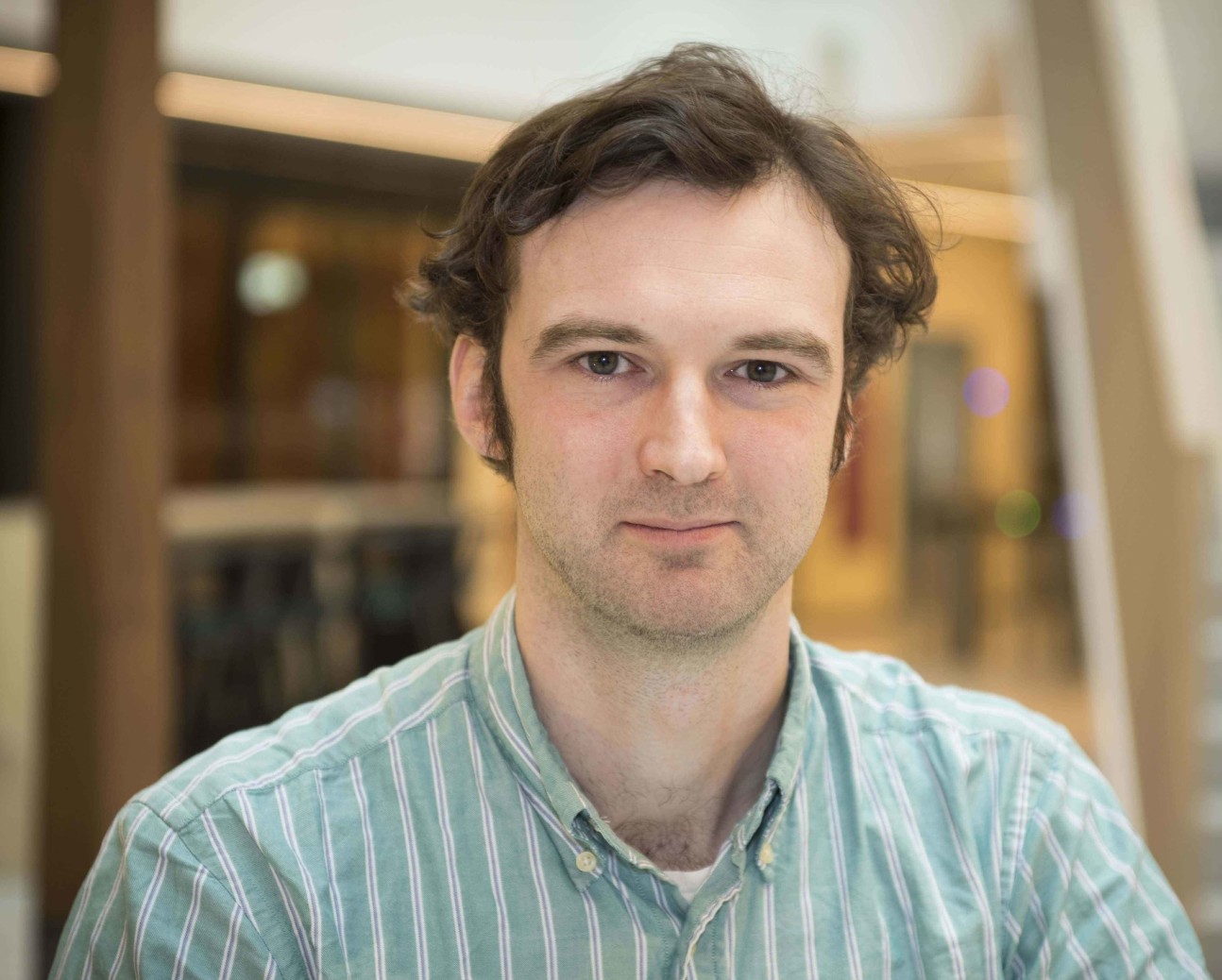 Dr Nathan Skene will use the fellowship to continue his research into neurodegenerative diseases, focusing particularly on the cell types which cause neurological diseases such as dementia and Parkinson's. Nathan's research will enable the collection of single cell genomic data to explore the cell types which cause the diseases which is currently not well understood. In the long-term this type of research could have significant implications for pharmaceuticals, enabling companies to produce much more targeted drugs.
Dr Nathan Skene will use the fellowship to continue his research into neurodegenerative diseases, focusing particularly on the cell types which cause neurological diseases such as dementia and Parkinson's. Nathan's research will enable the collection of single cell genomic data to explore the cell types which cause the diseases which is currently not well understood. In the long-term this type of research could have significant implications for pharmaceuticals, enabling companies to produce much more targeted drugs.
Nathan says the fellowship will allow him to adopt a much more interdisciplinary approach: "This kind of research requires AI experts, experimental biologists – lots of different skills. With this funding I can bring those people together to really start to answer these big questions."
Nathan was supported in his application by the Postdoc and Fellows Development Centre. "They were amazing,” he said. “I looked at it as "I'm writing a scientific proposal" but there's a lot more to the application than that and they really helped me understand what it was that UKRI actually wanted to see - which isn't just the science."
Dr Ioanna Mylonaki, Department of Materials
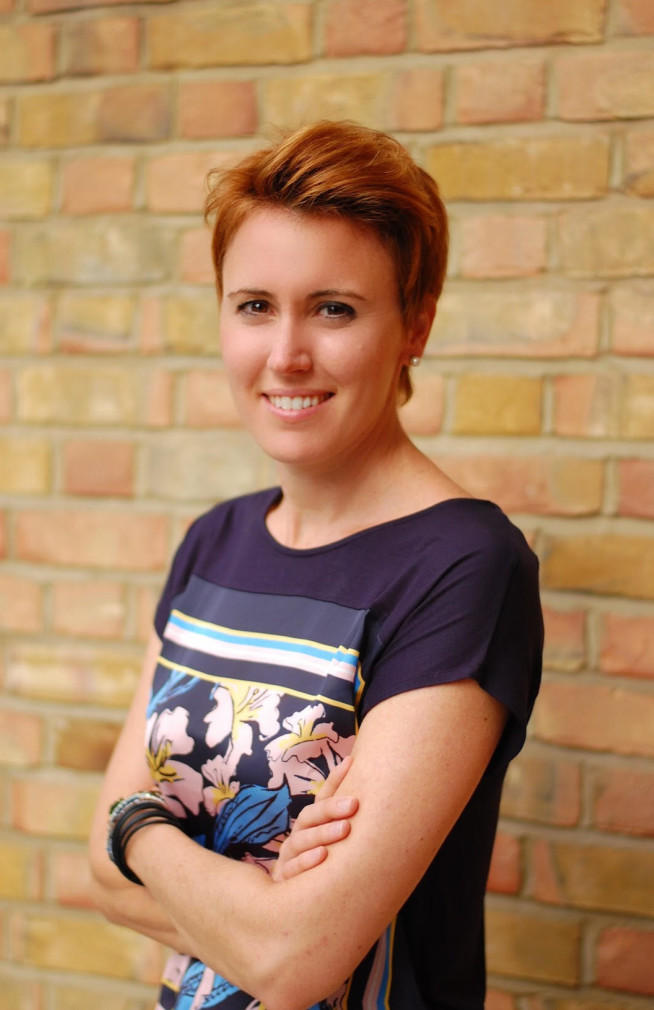
Dr Ioanna Mylonaki’s research will focus on developing a novel delivery system for gene therapies. The fellowship will allow her to perform high-risk/ high-reward research in a prominent London-based biotech company, Sixfold Bioscience, while retaining the links with academia as an Honorary Research Fellow at the Department of Chemical Engineering at Imperial.
Ioanna said: “Working at the interface of academic research and industry is key for the UK’s innovation, and through this fellowship we will make sure that this translates into benefit for UK citizens.”
Ioanna’s research focuses on developing biomaterials that will allow pharmaceuticals to reach their target in the body. In the context of gene therapies, this kind of delivery is challenging as the body flushes away the administered DNA or RNA within a couple of minutes. Ioanna will work specifically on delivering gene therapies through the blood-brain barrier.
Through the Future Leaders Fellowship, Ioanna will increase her leadership experience by supervising senior researchers, while gaining insight on biotech strategy and business development. She will also engage in an MBA to boost her entrepreneurial experience.
Article text (excluding photos or graphics) © Imperial College London.
Photos and graphics subject to third party copyright used with permission or © Imperial College London.
Reporter
Corinne Tomsett
Commercial and Investment Activities Group